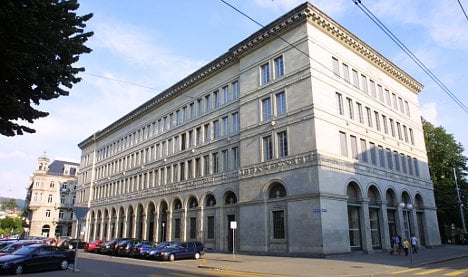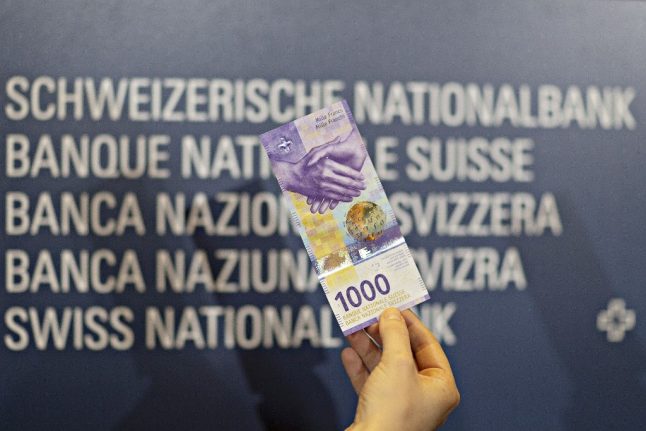Provisional calculations show the central bank gained 34 billion francs from its foreign currency holdings, including the American dollar which appreciated significantly in value against the Swiss franc in the past year.
Its profit on foreign currency positions included nine billion francs in interest and dividend income, 13 billion francs in price gains and 12 billion francs in exchange rate gains, the SNB said in a statement.
The results mark a reversal from 2013 when the central bank reported a loss of nine billion francs, denying shareholders and local governments any profit sharing.
The SNB said it would now be able to resume a payment of one billion francs to the federal government and cantons, in addition to supplementary payments yet to be announced.
The amount of these payments will be agreed by the bank and the federal department of finance.
A detailed financial report with final figures is set to be released on March 6th, while the bank’s annual report is due on March 26th.
Earlier this week, data from the SNB showed the total value of its foreign currency reserves had swelled to a record 495.1 billion francs by the end of December.
The bank has been hoarding foreign currency in a bid to hold down the value of the franc, which has been strengthening with the Russian rouble crisis, sending investors scurrying to the safe haven currency.
The prospect of further stimulus measures by the European Central Bank has also been putting extra pressure on the franc.
SNB has vowed to buy "unlimited quantities" of foreign currencies to protect an exchange-rate floor of 1.20 francs to the euro it introduced in September 2011, as a strong franc could hurt the country's vital export industry.



 Please whitelist us to continue reading.
Please whitelist us to continue reading.
Member comments